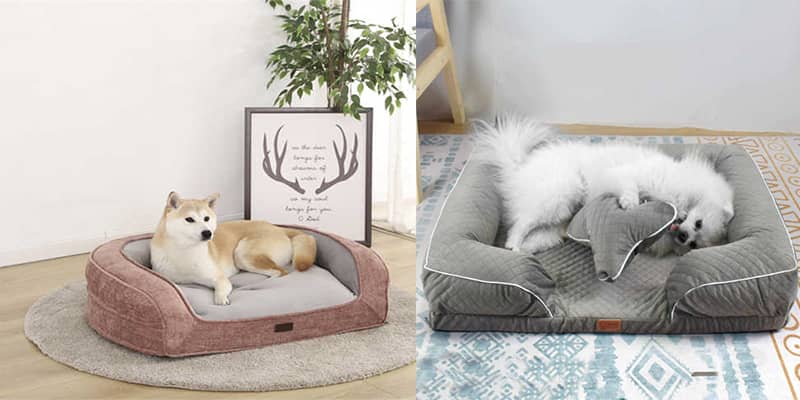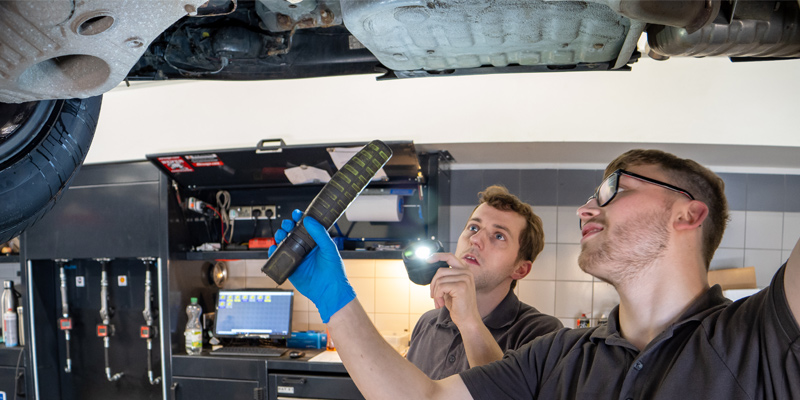A dog bed may seem like a soft product—but choose the wrong factory, and it hits your bottom line hard.
In today’s pet industry, selecting the right pet bed manufacturer isn’t just about comfort—it’s about supply chain stability, product durability, and brand trust.
Whether you run a DTC brand or source for retail, this guide reveals the factory traits that matter most—so you can partner smarter, scale faster, and sleep better.
1. Manufacturing Capabilities: What’s Under the Surface?
At a glance, many pet beds look similar. But under the cover, there’s a world of difference in foam quality, stitching integrity, and production consistency.
The best manufacturers offer:
- Multiple foam types: High-density, memory, gel-infused, or composite padding options to match your pricing and market tier.
- Cover materials: From waterproof Oxford fabric to cozy sherpa fleece, with options for hypoallergenic or sustainable textiles.
- Durability testing: Pull-strength tests on stitching, long-cycle recovery tests on foam, and anti-slip base validations.
Beyond materials, scale matters. A capable pet bed manufacturer should be able to scale from small-batch runs to full-container orders without compromising foam quality or stitching consistency.
If your current supplier only handles “simple SKUs,” they may struggle when you need rapid iteration or premium differentiation.
2. Customization & Private Label Options
Customization isn’t just about embroidery—it’s about aligning product design with your brand identity and customer expectations.
Here’s what high-level custom production should offer:
- Shape & size flexibility: Not just S/M/L—oval, donut, orthopedic, bolster-edge, or crate-fit shapes tailored to your catalog.
- Color & textile variation: Seasonal updates, themed collections, or dual-fabric construction (e.g. corduroy top, canvas bottom).
- Label & packaging design: Including hang tags, woven labels, zipper pulls, and outer carton printing for retail readiness.
- Accessory bundling: Matching blankets, storage bags, or travel cases pre-packed with each unit.
Tip: Ask if the factory supports mockup sampling before mass production and whether custom units can be compressed for shipping.
3. Packaging & Shipping Optimization
Shipping bulky pet beds can eat into your margin if not optimized.
That’s where compressed packaging makes a major difference. Top-tier factories offer:
- Vacuum-sealed or roll-pack methods to reduce CBM (cubic meter) volume.
- Durable inner wraps that protect foam rebound capacity.
- Palletized loading plans to maximize container utilization.
- Unboxing recovery time metrics: e.g. “Regains 95% shape in <10 mins.”
If you’re placing large wholesale orders, ask the supplier to provide side-by-side carton CBM comparisons. You’ll often see 30–40% savings when compression is done right.
Bonus: Factories that invest in compression tech often have better SOPs across the board—because it reflects planning discipline.
4. Quality Control Systems: How Consistent Is “Good”?
Consistency is everything in private label.
One shipment of lumpy foam or uneven stitching can trigger bad reviews or returns—killing lifetime value and brand trust.
Make sure your manufacturer has:
- Inbound raw material checks: Foam density and textile elasticity should be batch-verified.
- Mid-line inspections: Real-time QC during upholstery and branding stages.
- Rebound tests: Especially important for memory or multi-layer foams.
- Stitch audits: Measured by stitch-per-inch and edge-fold security.
- Barcode + QR traceability: Every carton or unit should be traceable to a lot number.
If a supplier won’t share their QC protocol, that’s your cue to walk away.
5. Certifications & Audit Transparency
Don’t just ask if they’re certified—ask what type of audits they’ve passed, and when.
A trustworthy wholesale dog beds supplier should provide:
- Factory audit reports (BSCI, ISO 9001, or Sedex).
- Material safety declarations (REACH, CA Prop 65, CPSIA, or OEKO-TEX).
- Third-party test results on flame retardancy, chemical content, or anti-slip performance.
- Worker condition policies: If relevant to your brand values or buyer audience.
If you’re selling on Amazon, Chewy, or to pet retail chains, having these documents on file is no longer optional.
6. Communication & Project Support
Factories aren’t just about machines—they’re about people.
Here’s how to assess their service quality:
- English proficiency and timezone alignment: Will delays happen due to communication gaps?
- Dedicated account reps: Or do you get passed from sales to sampling to shipping?
- Sampling process: How fast? How detailed? Are revisions supported?
- Forecast planning: Will they proactively reserve production slots for you?
Good communication builds predictability—and predictability builds profitability.
7. Minimums, Lead Times & Flexibility
MOQ (minimum order quantity) shouldn’t be the only number you ask about.
Make sure you clarify:
- Standard vs custom product MOQs (they often differ).
- Peak season lead time vs off-season.
- Buffer days for customs or packaging delays.
- Reorder batch minimums—you don’t want to be forced into oversized restocks.
Pro tip: Ask about factory calendar blackout dates (e.g. Chinese New Year, October holidays) and how they plan for inventory continuity.
8. After-Sales Support & Issue Resolution
No factory is perfect. But what separates great ones is how they handle issues.
Look for partners who:
- Provide clear warranty terms or replacement agreements.
- Have a defined SOP for defect claims (photo + lot code).
- Offer spare parts kits (e.g. extra zippers, covers).
- Share incident learnings to prevent repeat problems.
Even a simple email template like “Response Time: <24h | Resolution: <3 Days” shows maturity.
FAQ: Common Buyer Questions About Pet Bed Factories
Q1: Can I request small-batch samples before full production?
A: Yes. Most professional manufacturers support pre-production samples or prototyping (typically at a cost) before moving to large volume.
Q2: How long does compressed packaging take to recover?
A: Typically, high-quality memory foam beds regain 90–95% of their shape within 5–10 minutes of unpacking, depending on storage duration.
Q3: Can I include accessories like blankets or pillows in one SKU?
A: Absolutely. Many suppliers allow bundled packaging, especially for seasonal or promotional offers.
Q4: What’s a good lead time for reorders?
A: 25–35 days is common for reorders, but this depends on order size, factory backlog, and holiday seasons.
Conclusion: Think Beyond the Product
A pet bed may seem like a simple product—but for serious buyers, it’s a strategic SKU.
Margins, reviews, and customer retention all tie back to how well your supplier supports consistency, customization, and quality control.
So next time you’re reviewing options, don’t just compare price—compare process, flexibility, and long-term value.
Want to see how a proven pet bed manufacturer balances all three? Go to view their integrated solutions and make your next procurement decision count.







